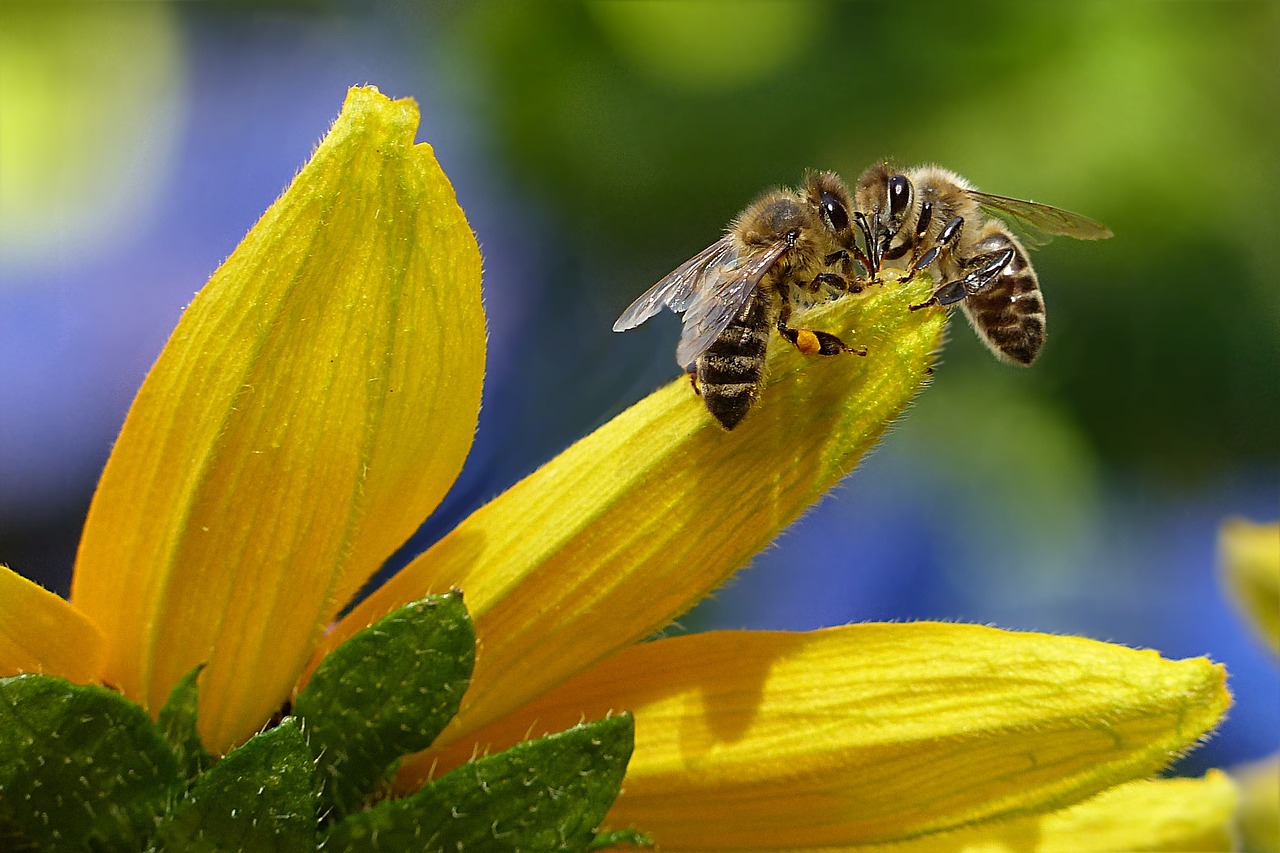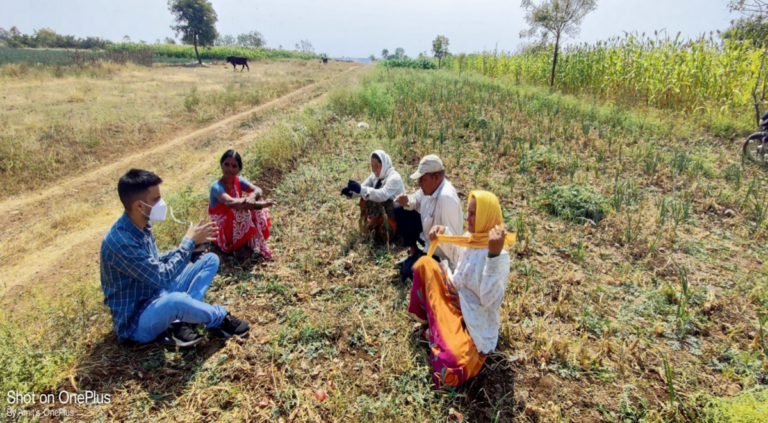Today, on World Bee Day, we pause to recognise an often overlooked but essential link between biodiversity, food systems, public health, and livelihoods: bees.
Bees aren’t just about honey. They are among the most critical pollinators we have — essential to the health of ecosystems and agriculture. In fact, about 75% of the world’s food crops depend at least in part on pollination. This includes four out of five foods we eat — fruits, vegetables, pulses, oilseeds — and honeybees are the most important among all pollinators
(Source: FAO, 2023)
But bee populations are declining rapidly due to habitat loss, pesticide use, climate change, and disease, with serious consequences for food security, nutrition, and agricultural productivity, especially for small and marginal farmers — who make up 86% of India’s farming community
(Source: Agricultural Census 2015–16, Government of India).
This is not just an environmental concern. It’s a public health issue. It’s a livelihood issue. And it’s a sustainability issue that demands attention from companies and institutions working on social impact.
A Ground-Level Solution: Under The Mango Tree Society (UTMT Society)
One organisation that has shown the practical value of bees to rural development is Under The Mango Tree Society (UTMT Society).
Founded in 2009, UTMT Society works across tribal regions of Gujarat, Maharashtra, and Madhya Pradesh, promoting community-based beekeeping using indigenous bees like Apis cerana indica and Trigona. These bees are well-suited to the Indian ecosystem and can thrive without high-cost inputs or migration.
The model is built on evidence:
- Crop yields can increase by 30–60% with beekeeping (Source: National Bee Board, Government of India)
- Food and income security improve with enhanced fruit and vegetable production
- Secondary income streams are created from the sale of honey and beeswax
- A local ecosystem of livelihoods is built — from making bee boxes to training “Master Trainers” in every village
- Low-cost and resilient: Indigenous bees are adapted to local flora and don’t require costly interventions
- Biodiversity improves, reducing reliance on unsustainable honey-hunting practices
As of 2019, UTMT Society has worked in 175+ villages across 14 districts. Their Bees for Poverty Reduction (BPR) strategy is an example of a climate-adaptive, biodiversity-friendly, and income-enhancing model built for India’s smallholders. (Source: UTMT Society Annual Report, 2019).
Why This Matters for Public Health and Nutrition
The connection between bees and public health may not be immediately obvious — but it’s real.
- Higher crop productivity improves food availability and nutrition for farming households
- Surplus yields translate to increased household income, enabling better access to healthcare and education
- Promoting dietary diversity contributes to reducing malnutrition, especially in tribal and rural communities
- Biodiversity protection enhances the long-term resilience of agroecosystems — a key factor in climate-related public health risks
What Can Companies Do?
At NuSocia, we help companies design and execute impactful CSR and ESG strategies that are rooted in local realities and aligned with the SDGs. Indigenous beekeeping, as supported by UTMT Society, offers a multi-dimensional social impact that contributes to:
- SDG 1: No Poverty
- SDG 2: Zero Hunger
- SDG 3: Good Health and Well-being
- SDG 5: Gender Equality
- SDG 13: Climate Action
- SDG 15: Life on Land
Beekeeping also aligns well with corporate portfolios focused on:
- Rural livelihoods
- Nutrition and food security
- Women-led microenterprises
- Climate resilience
- Agroecology and biodiversity
Let’s Talk
If your organisation is interested in supporting or scaling high-impact, climate-smart rural solutions — let’s start a conversation. NuSocia can support through needs assessment, program design, implementation support, and social impact measurement.
Small interventions — like indigenous beekeeping — can drive a big impact when implemented well. On this World Bee Day, let’s move beyond awareness and toward action.
References
- FAO. (2023). Pollinators and food production. Retrieved from https://www.fao.org/pollination/en/
- Agricultural Census Division, Government of India. (2016). Agricultural Census 2015-16. Retrieved from https://agcensus.nic.in/
- National Bee Board, Ministry of Agriculture and Farmers Welfare. Benefits of Beekeeping. Retrieved from https://nbb.gov.in/
Under The Mango Tree Society. (2019). Annual Report. Retrieved from https://www.underthemangotree.org/publications/




